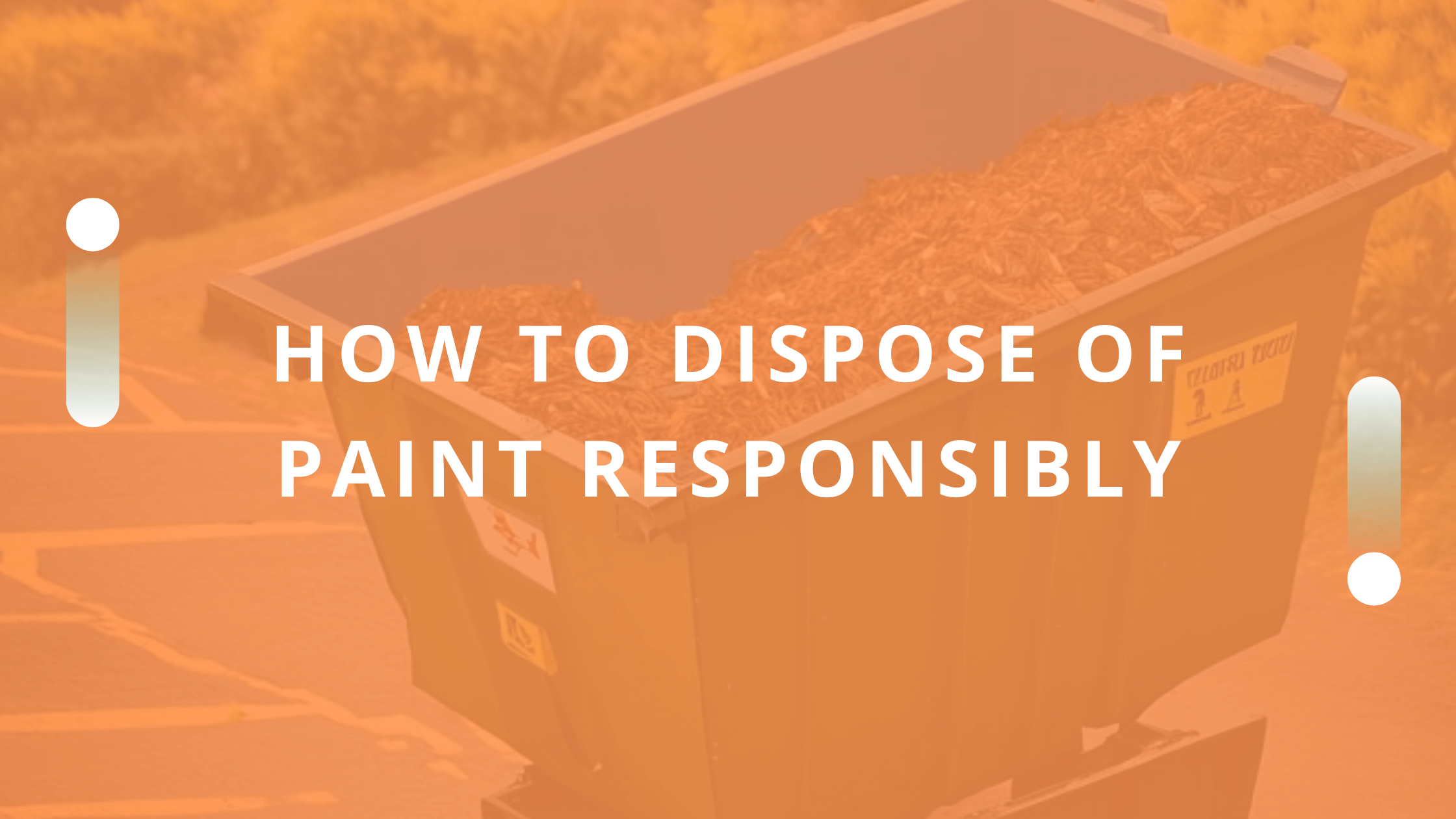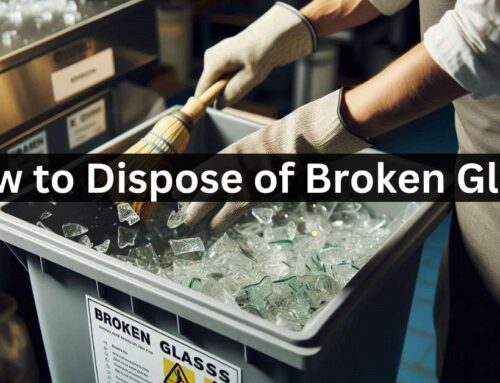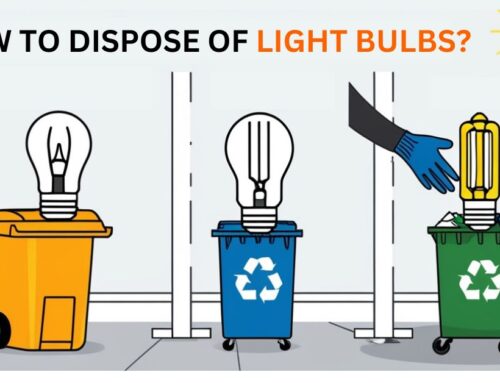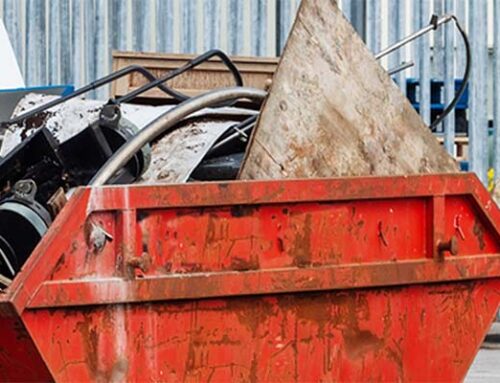Dealing with leftover paint is a common household challenge. Whether from a completed DIY project or long-forgotten tins in the back of the shed, responsible disposal of colour is crucial for environmental protection. In this comprehensive guide, we’ll delve into various methods to dispose of paint responsibly, ensuring that these leftovers don’t harm the environment.
Understanding the Impact of Improper Paint Disposal
Paint contains chemicals that can harm the environment if not disposed of correctly. Improper disposal, such as pouring paint down the drain or putting it in the bin, can contaminate soil and water and threaten wildlife and human health. Therefore, it’s essential to handle paint waste responsibly.
Options for Disposing of Unused or Old Paint
1. Returning Unused Paint to the Shop
Many retailers offer a return or exchange policy if you have an unopened can of paint with the receipt. It is the first and most straightforward option for unused paint. Policies differ, so it’s best to check before heading there. This option not only reduces waste but also may save you money.
2. Donating or Giving Away Old Paint
Surprisingly, old paint can find a new home quite easily. If it’s still in good condition, consider offering it to friends, family, or local DIY enthusiasts. Alternatively, local community projects and charities might benefit from your donation. Utilise local community recycling websites or contact groups that match half-used paint with those who need it.
3. Innovative Reuse of Old Paint
Think creatively about how you can use the paint. There are numerous ways to repurpose paint, from small craft projects to touch-ups around the house.
Community Projects: Donate to local schools, theatres, or community centres that might need paint for their projects.
Strategies for Disposing of Excess Paint
1. Solidifying Paint for Disposal
Paint that can’t be used or donated needs to be solidified before disposal. Mixing the paint with absorbent materials like sawdust, soil, or cat litter can speed up the process. Once solidified, it can be disposed of with regular household waste.
2. Professional Disposal Services
Professional waste disposal services like Skip Hire Epsom can be employed for larger quantities of paint. They ensure that the paint is disposed of in an environmentally friendly manner, adhering to local regulations.
Disposal of Paint Cans
1. Recycling Metal Paint Cans
Empty metal paint cans can be recycled at most household waste recycling centres. It’s essential to ensure they are empty and clean.
2. Handling Plastic Paint Cans
While not as widely accepted, some recycling facilities do accept plastic paint cans. Check with your local recycling centre for their specific policies.
Special Considerations for Hazardous Paints
1. Disposal of Hazardous Paint Types
Certain paints, like those containing lead or other heavy metals, require special handling. Contact your local council for guidance on disposing of hazardous paints.
2. Professional Hazardous Waste Services
In some cases, specialised hazardous waste services may be needed. Companies that handle such waste can ensure safe and compliant disposal.
Dealing with Paint-Related Products
1. White Spirit and Other Solvents
White spirits and solvents are classified as hazardous waste. They should never be poured down the drain. Instead, they should be taken to a designated hazardous waste collection point.
2. Spray Paint Cans
Empty aerosol paint cans can usually be recycled. If they’re not empty, they’re considered hazardous waste and need to be disposed of accordingly.
Conclusion
Responsible paint disposal is an essential aspect of environmental stewardship. By following these guidelines, you can ensure that your paint waste is handled in a way that minimises environmental impact. For substantial waste, services like Skip Hire Epsom provide an efficient and eco-friendly solution, helping you manage your waste responsibly while keeping our planet safe.
The key takeaway is that with a little effort and the correct information, disposing of paint responsibly is achievable. Whether through recycling, donating, or utilising professional services, every small step contributes to a larger impact in protecting our environment.
You can also read: How to dispose of your old mattress




